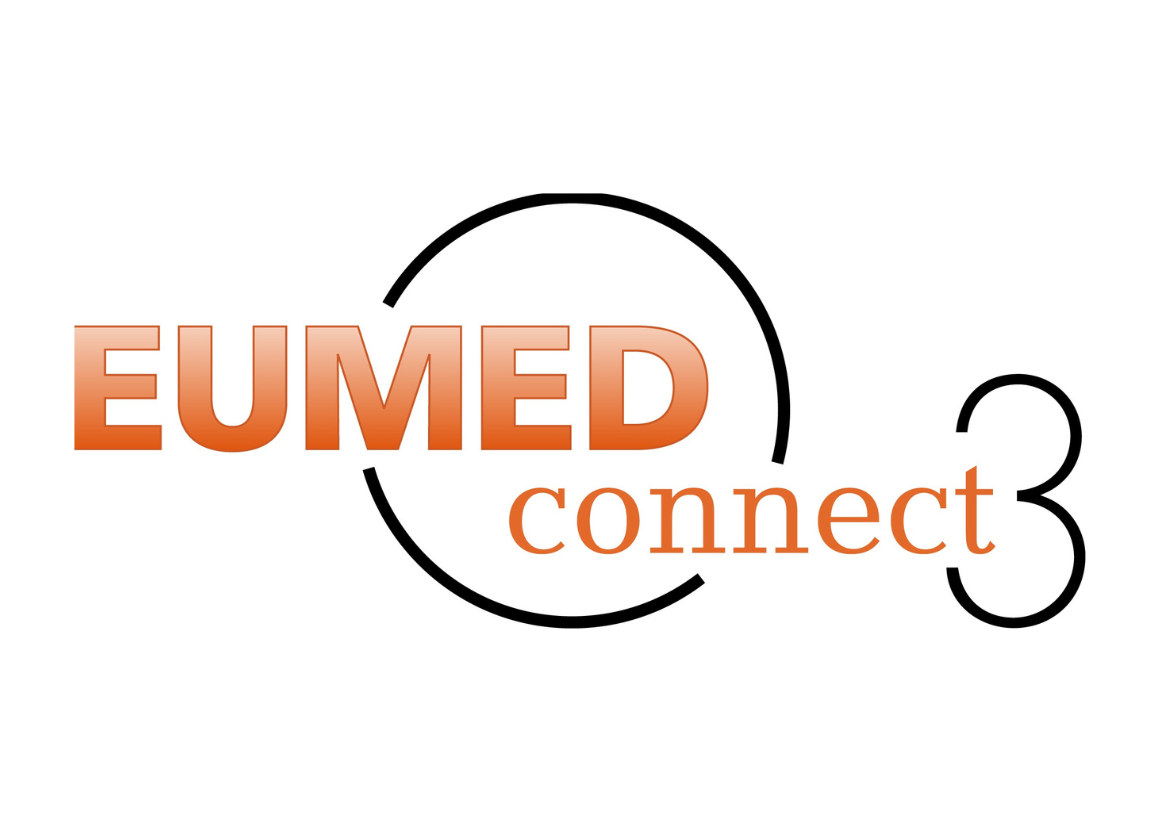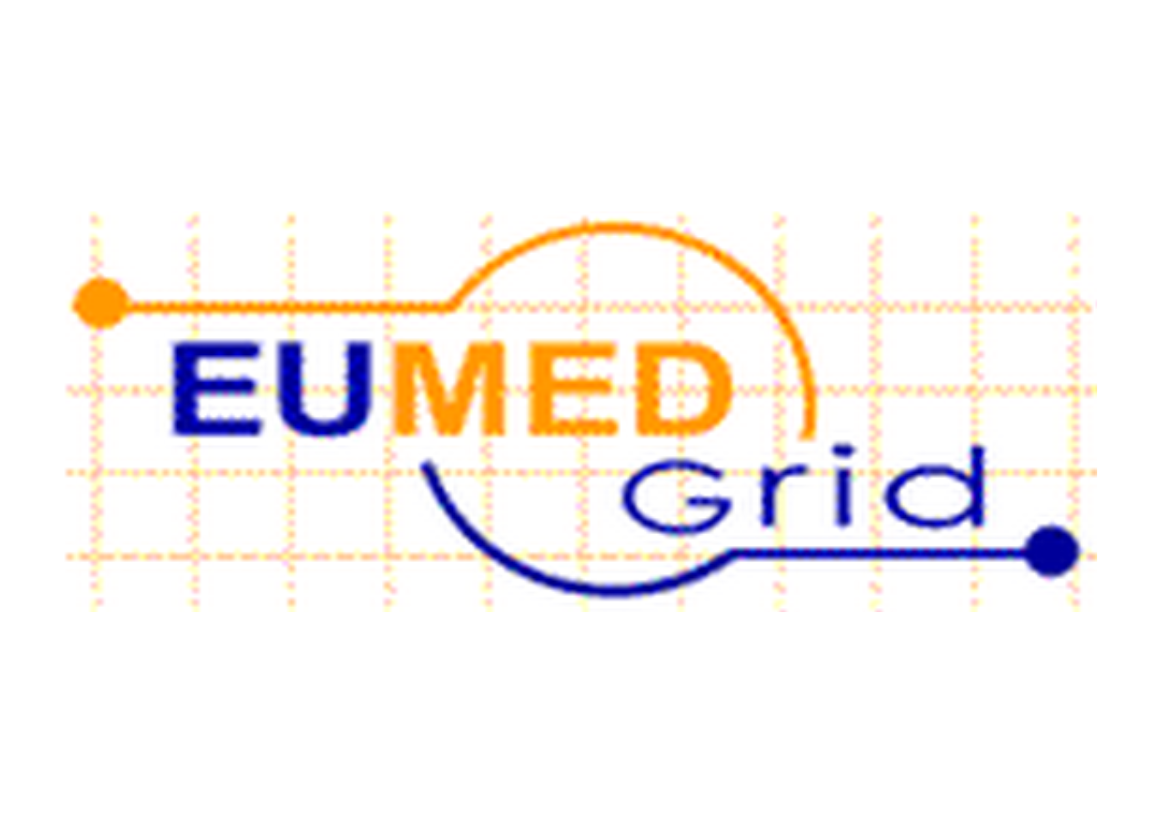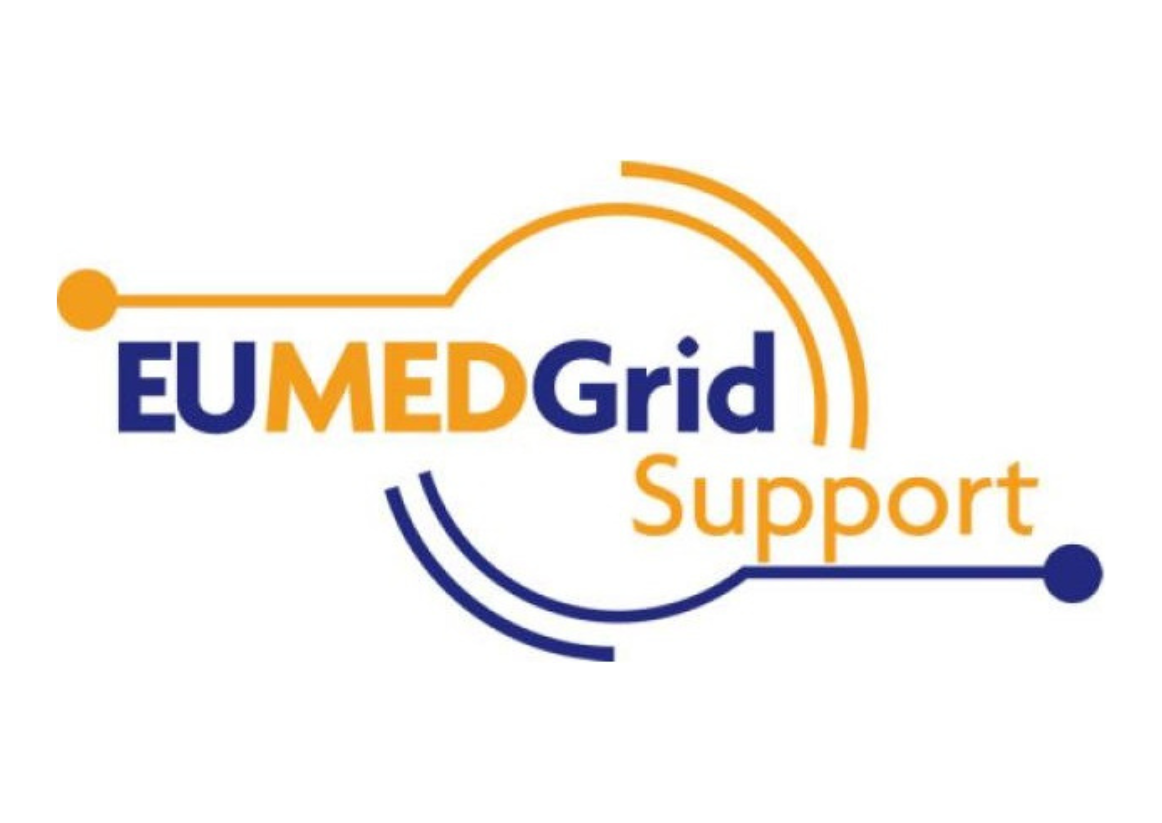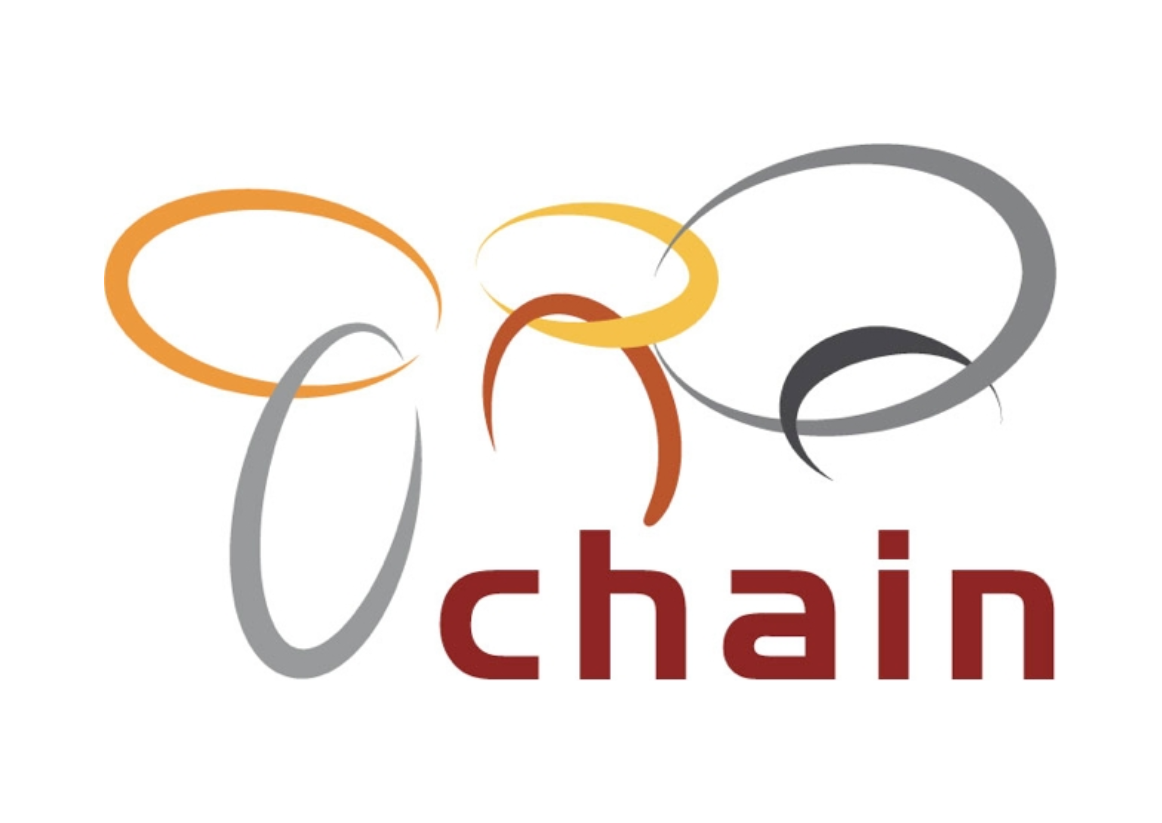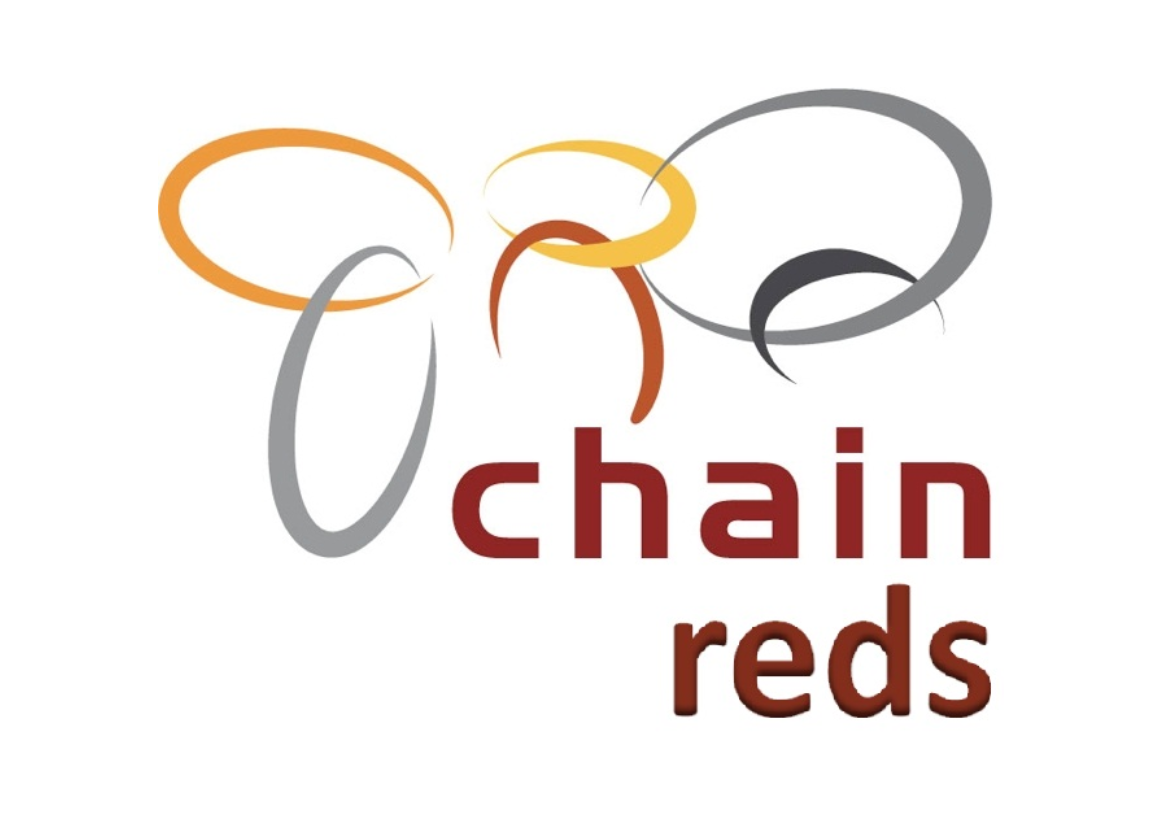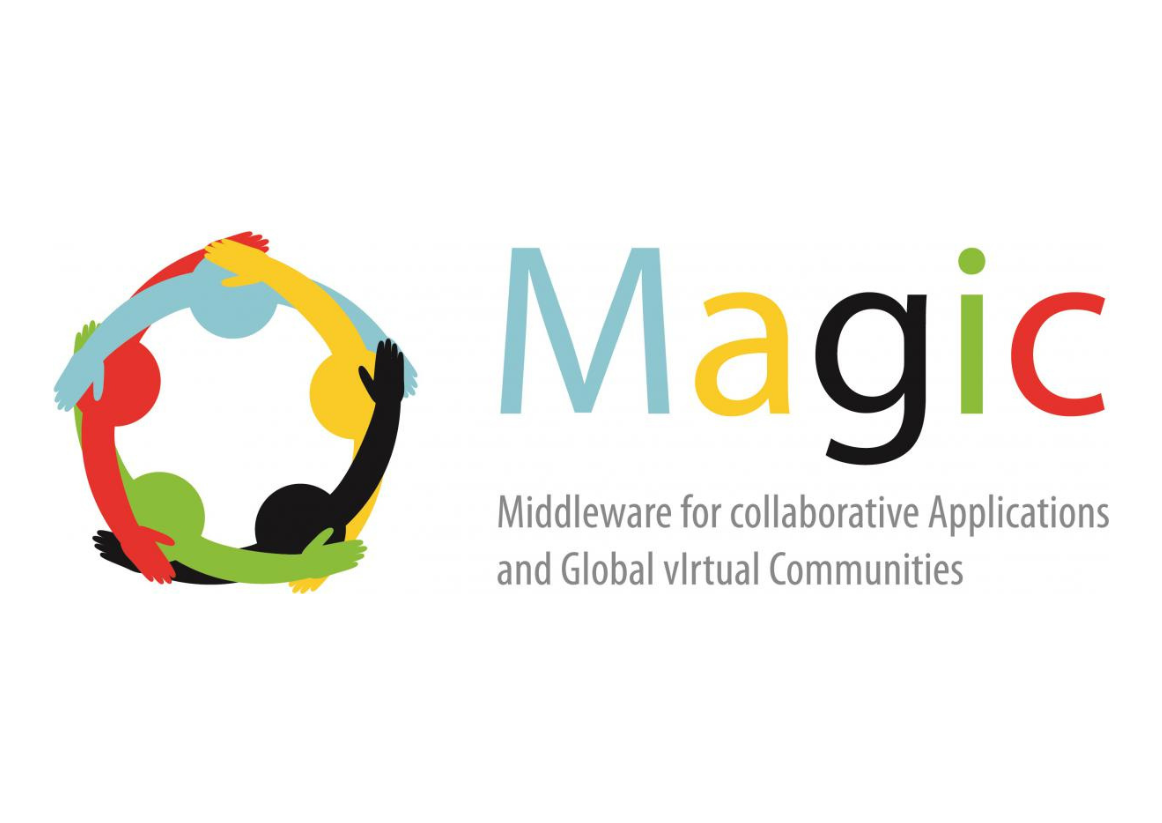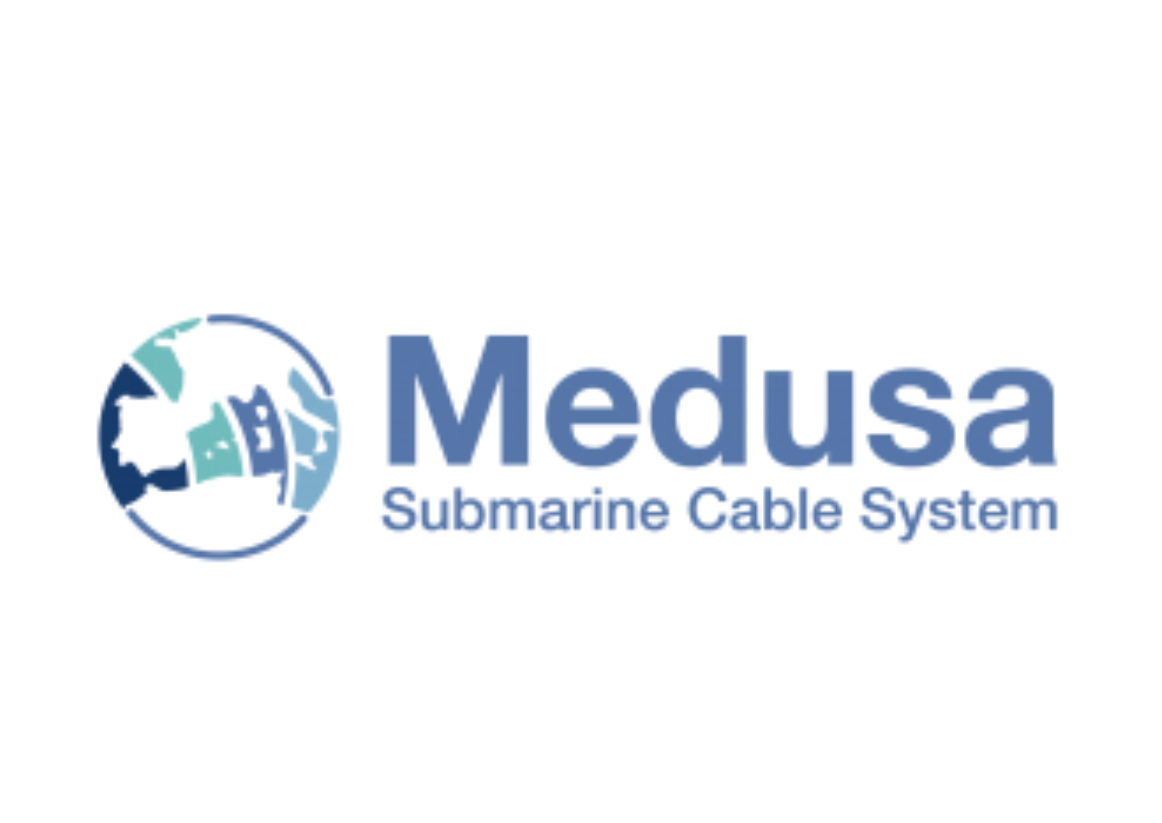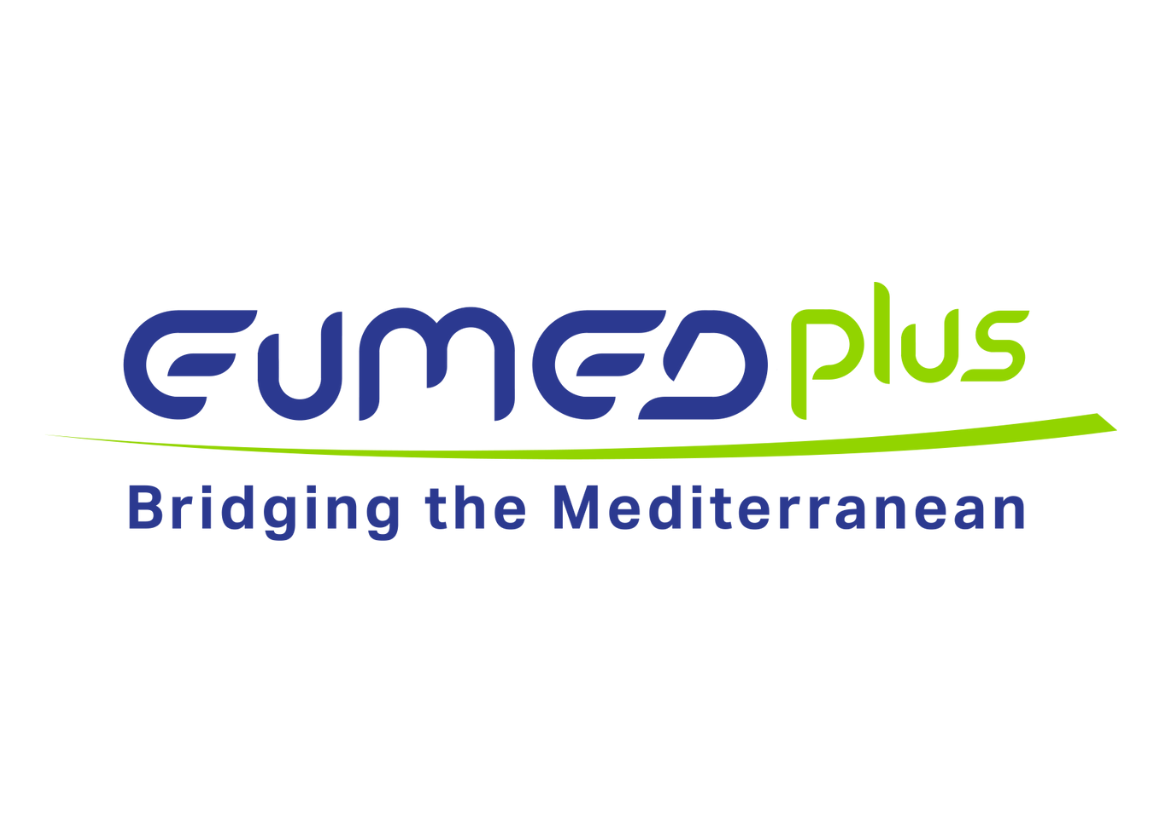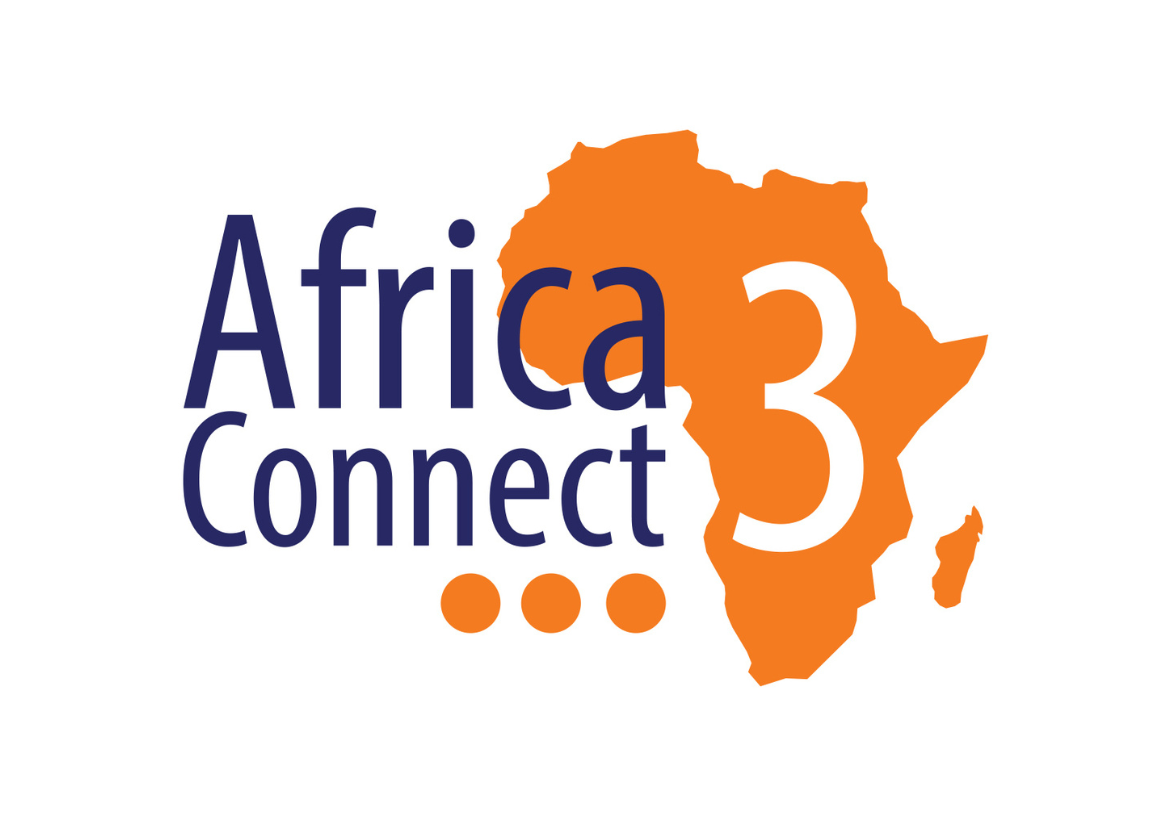
AfricaConnect3 is an EU co-funded pan-African connectivity project that aims to support the development and consolidation of regional research and education (R&E) networks across Africa. These networks provide access to dedicated, high-capacity internet connectivity and offer a gateway to global R&E collaborations through interconnections with the pan-European GÉANT network.
AfricaConnect3 builds on the work carried by AfricaConnect
(2011-2015) and AfricaConnect2 (2015-2019) which contributed to support the
creation, development and use of high-capacity research and education networks
in Africa.
AfricaConnect3 sets out to extend this success story to the
whole continent connecting now 23 NRENs to the regional networks UbuntuNet
Alliance, WACREN and ASREN, helping to create a regional gateway for
collaborative research through interconnections with the pan-European network
GÉANT.
AfricaConnect3 consolidates and expands the results of
previous projects in contributing to enhance human capital development in
Africa. More specifically, it seeks to unlock the potential of education and
research through increased access of African education and research
institutions to digital infrastructures and technologies (the Specific
Objective of the Action).
By facilitating access to educational and research resources
and enabling research collaboration, AfricaConnect3 supports the digital
transformation of those sectors and digital skills development.
The Action is managed through four different grant contracts
which all contribute to the implementation of a coherent action composed of
common work packages.
In order to address the different challenges faced by NRENs
and RRENs, the Action works at different levels:
Output 1: The access to tertiary education and research
institutions is enhanced by establishing secure, adequate and affordable
network infrastructures, such as high-speed broadband connectivity
Output 2: The development of Research and Education through
dedicated services, applications and user support is fostered
Output 3: Adequate human resource capacities and expertise
is built within RRENs and NRENs
AfricaConnect2
Co-funded by the European Union, AfricaConnect2 followed the successful completion of the AfricaConnect project which helped to establish a regional gateway for collaborative research and education (R&E) in Southern and Eastern Africa. It was built on the EUMEDCONNECT project, which had provided a research and education network for Northern Africa and the Middle East since 2004.
A continuing success story
The UbuntuNet network is the regional R&E internet network in Eastern and Southern Africa. Through the procurement and deployment of high-speed internet connections across the region, between 2011 and 2014, the AfricaConnect project significantly contributed to the UbuntuNet network.
Through its connections to the GÉANT network, the UbuntuNet network enabled thousands of researchers and students across the region to exchange data and to collaborate more efficiently with their European and global counterparts in international R&E projects.
Implementing the UbuntuNet network meant establishing points of presence (PoPs) in major cities across the region and interconnecting them with broadband cross-border links. Historically, all intra-regional traffic had to travel via routers in London and Amsterdam – incurring delays and additional costs. Under the project, scientists, researchers and students in sub-Saharan Africa were connected directly, to be able to share data quickly and to collaborate more efficiently with each other and with peers in the rest of the world.
Joining forces across Africa
EU supports connectivity projects in Africa
AfricaConnect, and AfricaConnect2, reflected the EC's objective to
firmly place the African continent onto the global connectivity map for
research and education.
AfricaConnect2 was also built on the achievements of the EUMEDCONNECT
project. Co-funded by the EC, EUMEDCONNECT has
provided a high-capacity dedicated internet network for the R&E communities
across the southern and eastern Mediterranean region since 2004. The North
African project partners (Algeria, Egypt, Morocco and Tunisia) joined the pan-African programme to work towards the successful delivery
of AfricaConnect2 along with the other African regions.
The European Commission has successfully supported the creation and
consolidation of regional R&E networks and their interconnection to the
pan-European GÉANT network in different parts of the world, such as in Latin
America, the Mediterranean, Asia, Central Asia, the Caribbean and, most
recently, in the EU's Eastern Neighbourhood.
AfricaConnect

The AfricaConnect project aimed to establish a high-capacity Internet network for research and education in Southern and Eastern Africa to provide the region with a gateway to global research collaboration.
Within the framework of the Africa Caribbean Pacific Islands (ACP) program, and as part of the EU-Africa strategy developed by the EC and the AfricanUnion Commission (AUC), AfricaConnect was built on the roadmap prepared by the FEAST study.
The AfricaConnect project had a total budget of €14.75m, with 80% of the funding provided by the EDF (European Development Fund) following an agreement between the ACP secretariat and the EC, and the remaining funding was contributed by the Southern and Eastern African NRENs wishing to participate in the project. The project lasted four years and consisted of two phases, the first of which was to plan and procure the network, followed by an operational phase to start in year 2 of the project.
Thanks to the interconnection with its pan-European counterpart GÉANT, AfricaConnect allowed researchers, educators and students across the region not only to collaborate among themselves but also to engage in exciting joint projects with their peers in Europe and in other parts of the world.
AfricaConnect sought to address the findings of the FEAST Study and the objectives and priorities of the ACP Connect Programme, to contribute to the modernisation and development of education and research in Sub-Saharan countries. It aimed to improve connectivity for research and education within sub-Saharan Africa by providing research networking infrastructure within the region and organising a direct interconnection of the resulting regional network to GÉANT, AfricaConnect also built the capacity of other sub-Saharan countries that were not ready by the start of the project in order for them to join later.
This project has finished.

